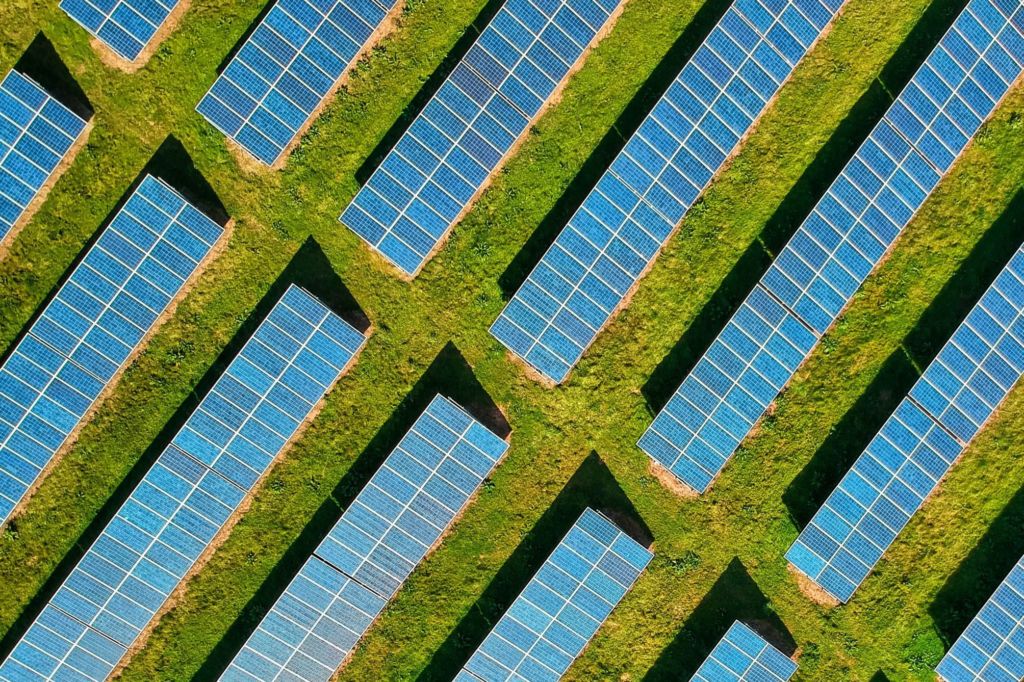
The recently released Sustainable Development G7 report delivered a key message that despite continued progress, the world will not meet the required standards to provide global access to affordable, reliable, and sustainable energy by 2030 unless we significantly increase our efforts.
The Tracking SDG7 report was produced in partnership between IEA, IRENA, UNSD, the World Bank and the WHO. The study highlights a number of factors that show that considerable progress has been made in terms of the sustainable development goals prior to the impact of the pandemic, including improvements to the number of people having access to electricity, big uptake in clean energy, and continued improvements in energy efficiency. However, despite the notable gains, the report states that it is simply not enough to reach vital global sustainable targets by 2030. Data from the latest report suggests that the total global share of renewable energy consumption has increased marginally from 16.3% to 17.3% between 2010 and 2019.
Findings show that people without access to electricity have reduced from 1.2 billion in 2010 to approximately 789 million. The report, however, suggested that based on existing policies a forecasted 620 million people would continue to have little access to electricity by 2030, with over 80% of these people being based in Sub-Saharan Africa. Closing the access gap and accelerating the global uptake of clean energy systems will require concerted efforts, stronger political commitment, strategic long-term plans, increased financing and supportive incentives.
COVID-19 has had a profound impact on global economies, but the pandemic has also generated opportunities for leaders worldwide to rethink and establish a more effective way of making the transition towards a low carbon future. The urgency of a clean energy movement has strengthened even further as a result of the challenges we now face.
While the economic implications of the pandemic have and will continue to destabilize and slow down many industries, the renewable energy market has proven relatively resilient in comparison to other conventional energy sectors. Many energy system operators have been faced with a reduction in demand and as a result, have shifted their attention towards utilizing additional renewable energy for grid management. While energy generation may change as demand levels increase, the pandemic has created a number of insights for operators working on grid stability, encouraging further reliance on renewable energy. As we recover from the crisis, many energy industry experts believe that this accelerated dependence on renewable energy will likely become the new normal.
What is also important to consider in this clean energy movement is the continued decline in renewable energy prices. Solar modules, for example, have dropped in price by nearly 100% in the last 40 years and energy experts predict prices will continue decreasing in years to come. In terms of energy storage, the tracking energy integration report delivered by the IEA indicates that energy storage deployment reached record levels in 2018 with behind-the-meter expanding rapidly, particularly in Korea, China, the United States, and Germany. Technology costs associated with storage have continued to drop at a fast pace, mainly due to the accelerated rise of battery manufacturing for electric vehicles, generating further deployment in the power industry.
Such a level of reduction will only strengthen the case for renewables as a preferred choice in the long term. No longer are investors and other stakeholders looking at renewables solely as an environmentally conscious decision. Businesses can clearly see the economic benefits and financial returns of implementing renewable energy systems.
COVID-19 has highlighted the continued imbalances and inequalities worldwide in regards to access to affordable and sustainable energy. Electricity represents a key response towards the public health emergency for many nations, but millions of people continue to have basic access to it. Energy industry experts believe that all nations worldwide need to ramp up their efforts to bring affordable, reliable, and clean energy to everyone in order to develop stronger and resilient economies. Francesco La Camera, the Director-General of IRENA explains that renewable energy is vital to achieving sustainable economies in a post-COVID-19 world. La Camera highlights that now is the time for establishing and building stronger international relationships, to improve energy access and ensure sustainable energy remains the focus of economic stimulus and recovery plans.
Based on our existing rate of progress, the world is not on track to meet sustainable development goals as highlighted in the energy progress report. Applying a collective approach to clean energy access is critical in order to be capable of meeting global climate objectives. Many studies point towards complete decarbonization of all systems and a transition to net zero as the driving force to increase the share of renewables in energy consumption. With supportive policies, the Sustainable Development Scenario produced by the IEA indicates that modern renewables could increase to 23% by 2030.
Stefan Schweinfest, the director of the United Nations Statistics Division (UNSD) highlights that the current pandemic has the ability to widen the sustainable energy access gap but also the opportunity to accelerate the path towards a sustainable future. Which path we take depends on the priorities of economic stimulus plans and the worldwide response towards supporting those that are most in need.
——————————-
Sources
Tracking SDG7 2020: The Energy Progress Report: https://trackingsdg7.esmap.org/
IEA (International Energy Agency) (2018), World Energy Outlook 2018, https://www.iea.org/reports/world-energyoutlook-2018. IEA (2019a), World Energy Outlook 2019, https://www.iea.org/reports/world-energy-outlook-2019
IRENA. 2020d. Global Renewables Outlook: Energy Transformation 2050. Abu Dhabi: IRENA.
- by catherine
- on June 22, 2020

